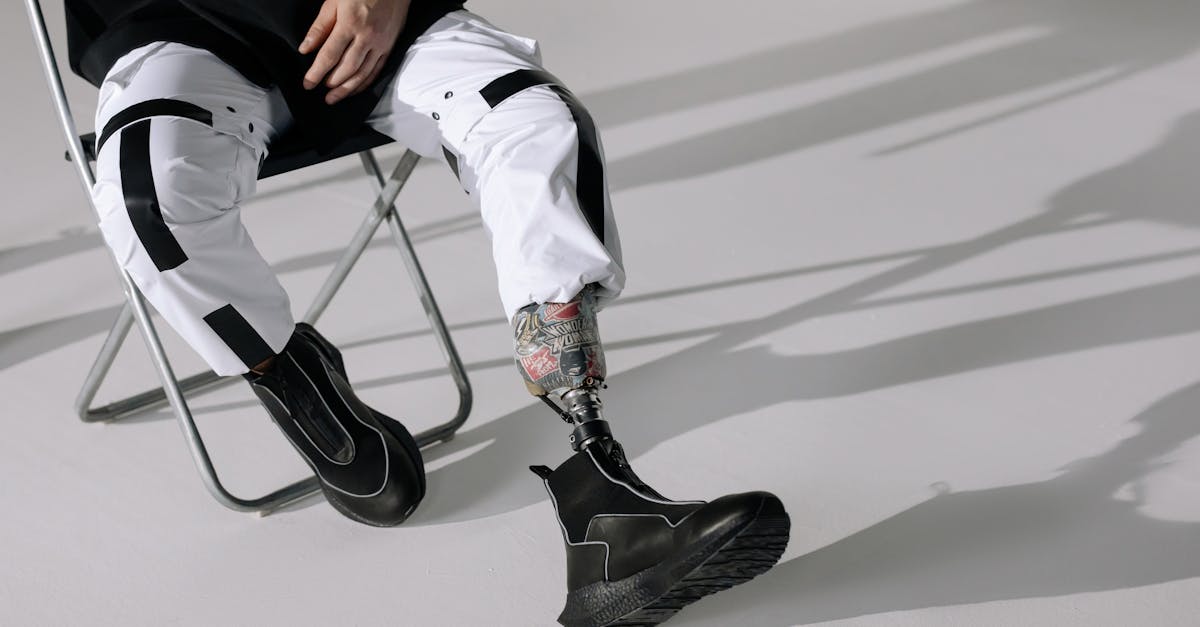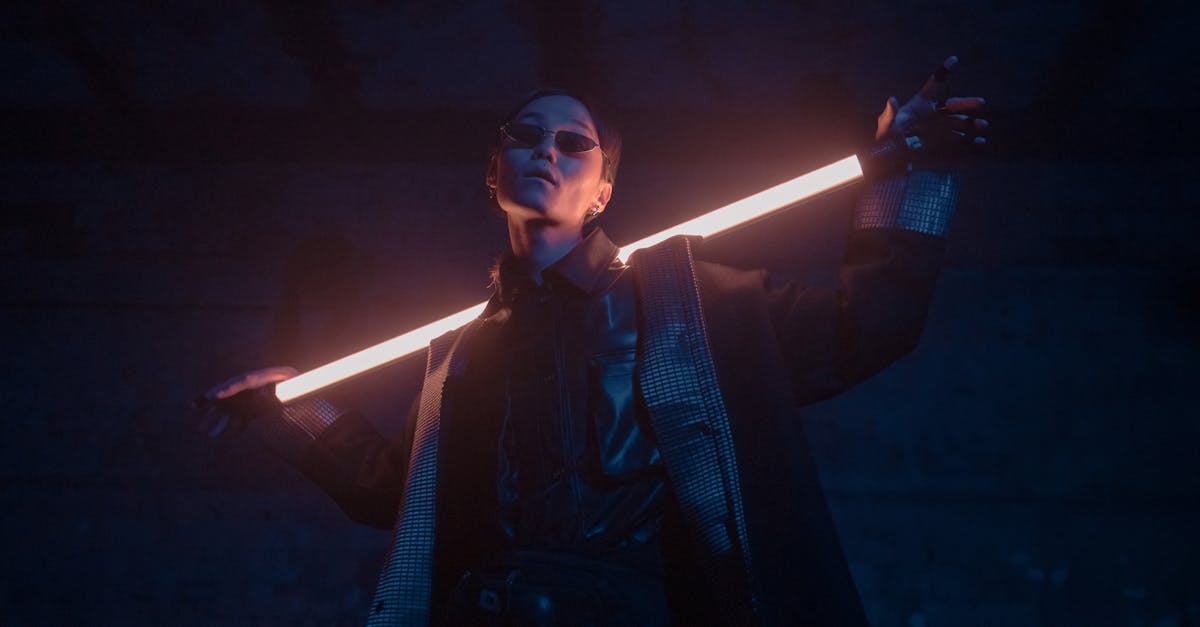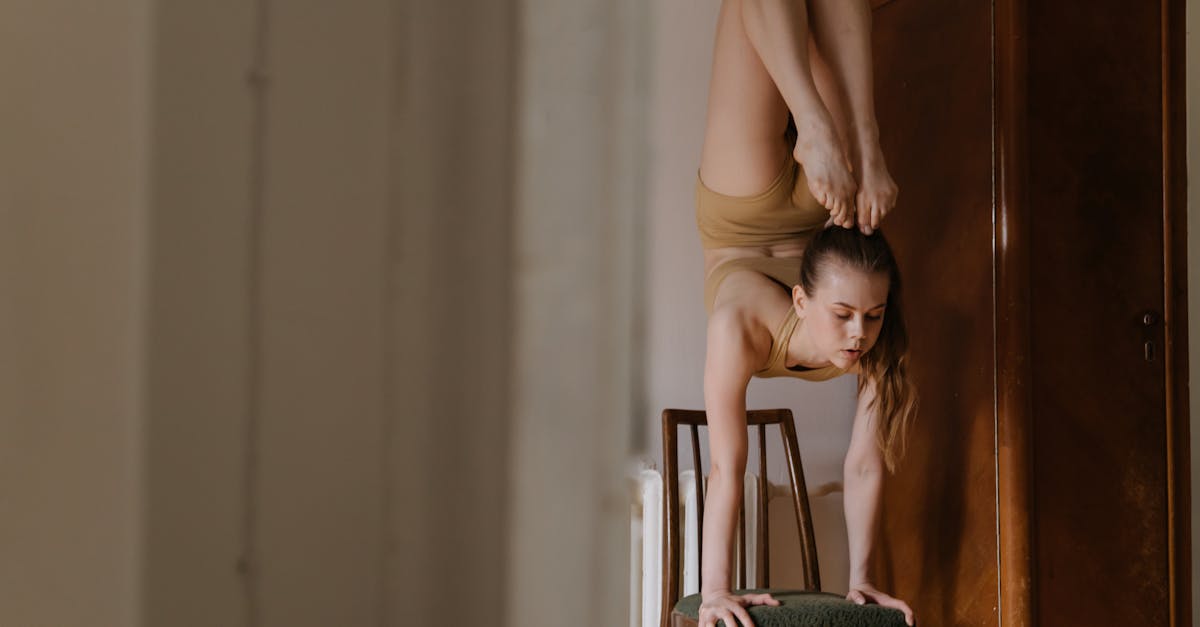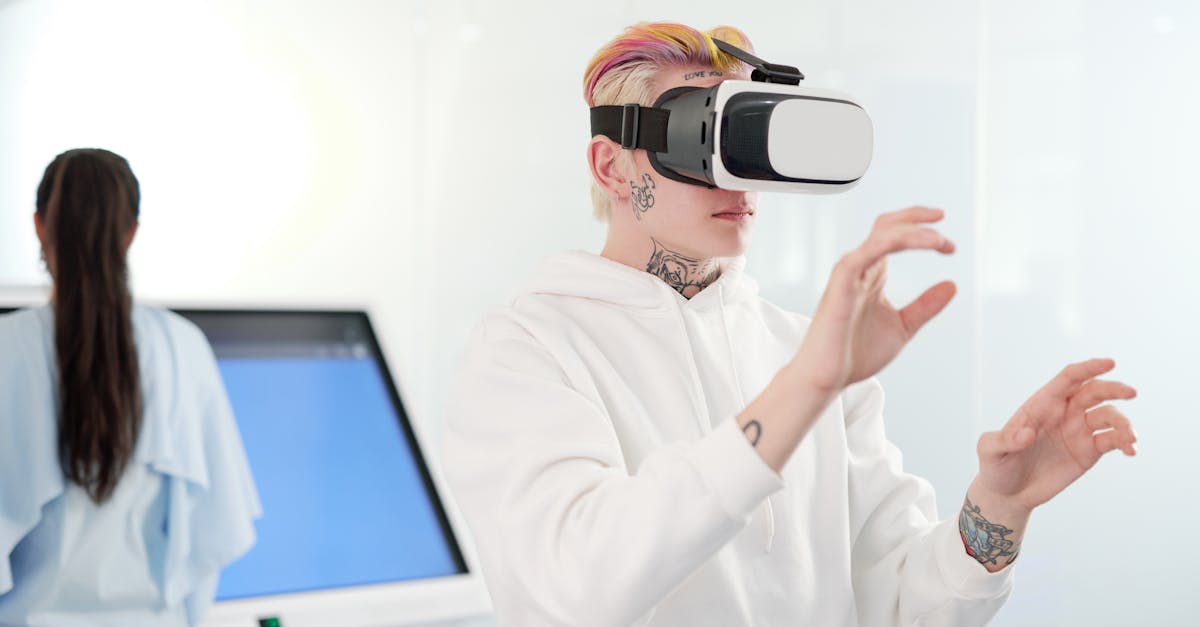Top Fashion Brands Embracing Digital Runways
Introduction
With the rapid advancement of technology, the fashion industry has found new ways to innovate and captivate audiences. Fashion brands are increasingly embracing digital runways and virtual shows to showcase their latest collections. This transformation is reshaping the way designers present their work, making it accessible to a global audience.
Advertisement
The Rise of Digital Fashion
Digital runways have become a focal point for brands looking to expand their reach beyond traditional platforms. These virtual presentations offer a unique opportunity for designers to showcase their work without the limitations of physical space. Fashion shows have evolved to include state-of-the-art graphics and interactive experiences, setting a new standard for the industry.
Advertisement
Innovative Brands Leading the Way
Several pioneering brands are spearheading the movement towards digital fashion shows. Houses like Balenciaga and Gucci have hosted virtual exhibits that blend art, fashion, and technology. These innovative presentations not only highlight the creativity of designers but also enhance the viewer experience by using immersive digital elements.
Advertisement
Accessibility and Inclusivity
Digital runways have opened doors for broader inclusivity within the fashion industry. By removing geographical barriers, everyone can partake in the fashion week festivities. This shift has allowed consumers, influencers, and fashion enthusiasts from around the world to participate, democratizing an industry previously limited to exclusive invitees.
Advertisement
Challenges and Considerations
Transitioning to digital platforms poses its own set of challenges for fashion brands. Ensuring a seamless virtual experience requires significant investment in technology and expertise. Brands must consider connectivity issues, user interface design, and digital security to guarantee a successful online show.
Advertisement
The Role of Social Media
Social media platforms have become instrumental in amplifying the reach of virtual fashion shows. Brands utilize Instagram, TikTok, and YouTube to stream live shows and engage with audiences in real-time. Through these channels, they can maximize visibility, encouraging trends and generating user-driven content that keeps discussions vibrant.
Advertisement
Sustainability and Digital Fashion
One of the most notable benefits of digital runways is the reduced environmental impact. Traditional fashion shows generate substantial waste and carbon emissions. Digital shows, however, allow brands to adopt more sustainable practices, aligning with the growing demand for eco-conscious initiatives across the industry.
Advertisement
Future Trends and Predictions
Industry experts predict that digital and physical shows will continue to coexist, offering brands the flexibility to leverage both platforms. Hybrid events are likely to become the norm, combining live elements with virtual experiences to provide a more comprehensive showcase. As technology advances, new trends such as augmented reality could further enhance fashion experiences.
Advertisement
Balancing the Physical and Virtual Worlds
While digital runways offer numerous benefits, there is still an intrinsic charm attached to physical fashion shows. The tangible experience of seeing garments up close holds a special allure. Brands are exploring hybrid models to retain the essence of traditional shows while capitalizing on the innovations of digital platforms.
Advertisement
Conclusion
In conclusion, the fashion industry is undergoing a digital revolution, embracing virtual runways and shows. This transformation not only aligns with technological advancements but also broadens accessibility and inclusivity. As brands continue to experiment and innovate, fashion enthusiasts can look forward to a future where fashion becomes an immersive global experience for everyone.
Advertisement







